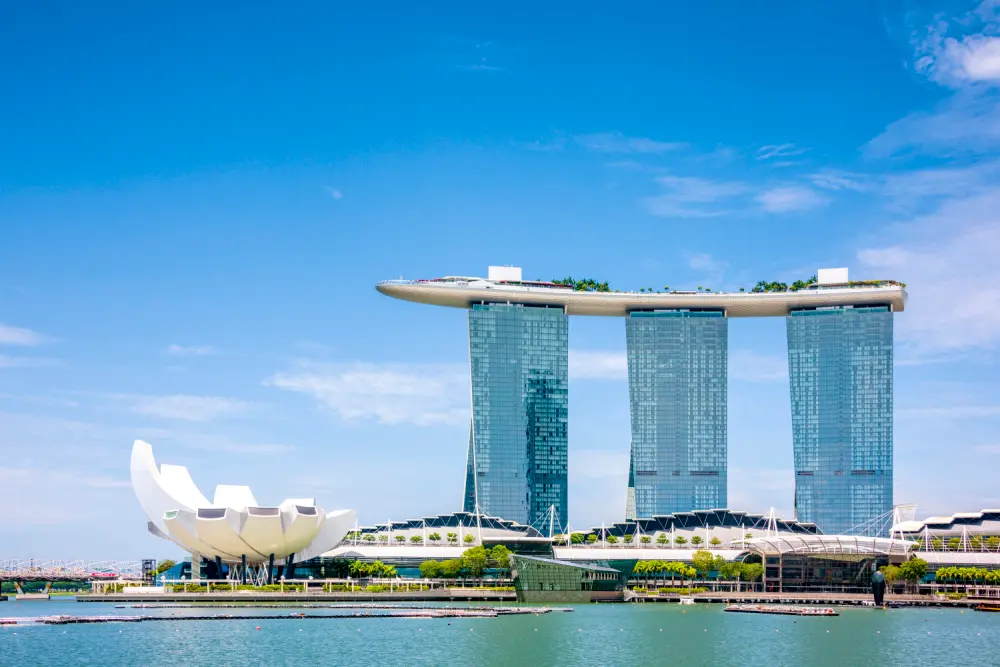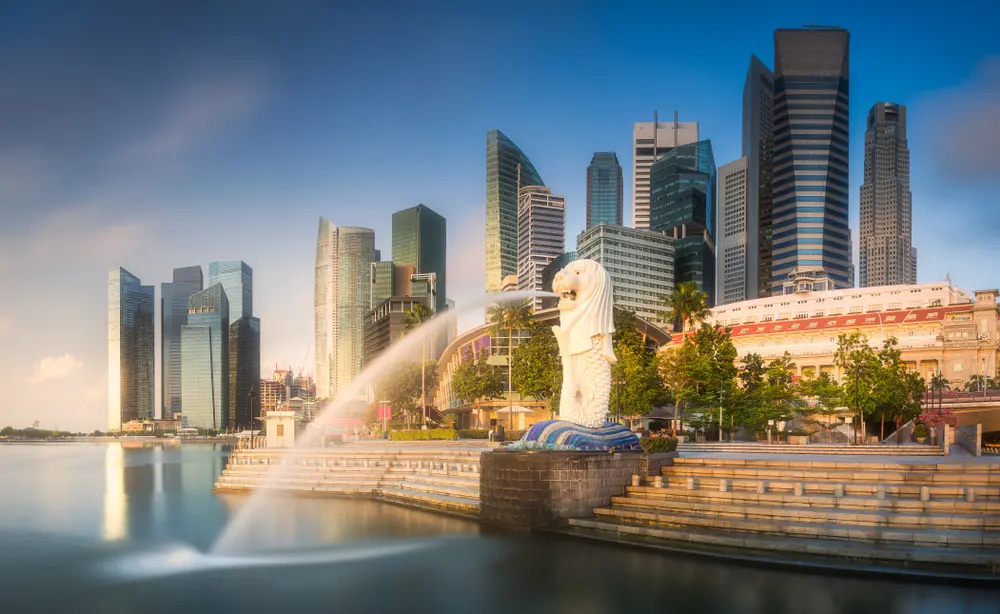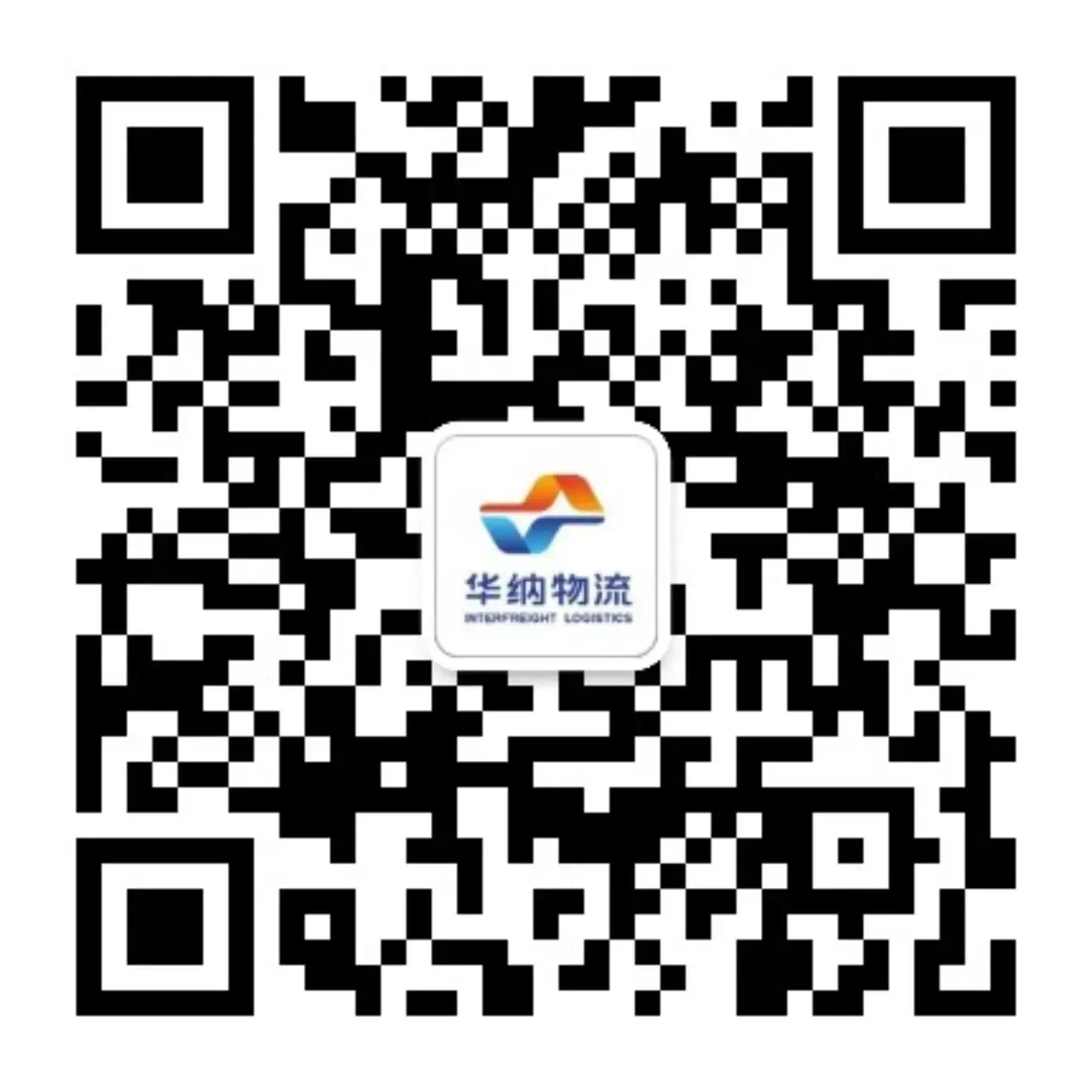2022-10-28

- Import tariff system
Singapore is a free port on the intersection of major shipping routes in Asia. It has an open import policy, with about 95% of its goods having free access to Singapore. Special tariff rates shall be imposed on alcohol, tobacco (including cigarettes), sugar products and refrigerators. Tariff rate is generally low, with an AD valorem tariff rate of 5%, except for cars, and it is taxed at 45%. Since 1994, Singapore has adopted a simplified trade classification, with 2,600 items replacing the past 5,700 items used. Singapore has no customs surcharge, but imposes a 3% import tax on goods and services based on the tax value (e. g., the sum of production costs, insurance premiums, freight rates and tariffs). The customs authorities value imported goods in Brussels (Brussel Definition of Vallue). In addition to the motor fuel, the price of the imported goods should be the normal price, that is, the selling price of the independent buyers and sellers trading on the open market when the tax is reserved. Taxes generally include fob prices, freight charges, insurance premiums, marketing fees (all at a 1% rate) and commissions, and various additional charges incurred in the sales and delivery process. The AD valorem tax rate applies to determining such a price. If the buyer has a special relationship with the supplier, the customs will raise the invoice price to reach the price determined by the Brussels pricing principle. Special duties on alcohol, tobacco (including cigarettes), eggs and refrigerators are determined by weight, volume and unit of measurement. If the tariff rate can be expressed by a special tax or ad valorem tax (such as vehicle fuel), the tariff paid shall be one of the higher two.

- Import documents
The full set of import documents are listed below:
In this form, the commercial invoice must be signed with the name of the importer's supervisor, and the name of the goods, quantity, unit price, country of origin, invoice number, and the ship name of the transported goods must be filled in clearly. In addition to the name of the carrier, the shipper and the means of transport, the port of destination and the bill of lading number are also included. For air transport, the air bill of lading (airway bill) replaces the bill of lading, which is consistent with the bill of lading filling requirements. In addition to the complete import declaration form, 2 SUS $ tdb stamp duty is required for import declaration. New products should have samples. The import license is valid for 2 months.

- Import control
Singapore customs stipulates that the wildlife products involved in the convention on international trade in endangered species of wild fauna and flora (ites) must be approved by the primary production department (ppd). The import of edible and non-edible animal oil must have the original quarantine certificate of the exporting country and the certificates of animal production and meat storage procedures issued by the relevant authorities of the government of origin. The Singapore Customs Office has the right to inspect such imports and to dispose of the unqualified products without any compensation to the importer or the owner.
In addition, the goods stored in the customs bonded warehouse can be stored for 48 hours for free, and then the fees will be paid on a monthly basis. Goods can be kept in a bonded warehouse for 12 months. The period can be extended for one month on each application. If the time limit is exceeded and the fees are still not paid after the demand, the Customs Administration may auction the goods. The proceeds from the auction will be used to pay duties, storage fees and all expenses related with the storage of the goods.

